Mexico hits back, Sheinbaum unveils ‘Plan B’ against Trump tariffs
- Update Time : Monday, February 3, 2025
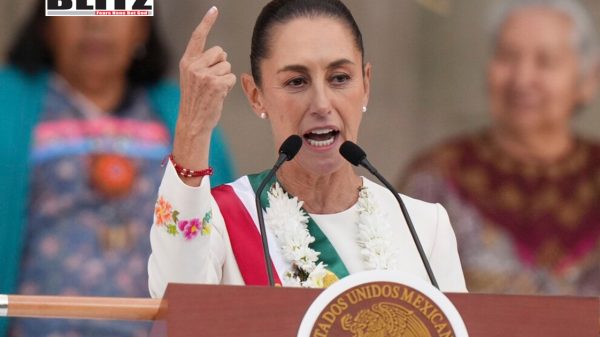
Tensions between the United States and Mexico have escalated rapidly as Mexican President Claudia Sheinbaum announced retaliatory measures against sweeping tariffs imposed by US President Donald Trump. Sheinbaum’s ‘Plan B’ comes as a direct response to Trump’s decision to levy a 25% tariff on imports from Mexico and Canada, citing concerns over illegal immigration and drug trafficking. The move has ignited a heated exchange between the two leaders, with Sheinbaum accusing the US of fueling cartel violence and undermining Mexico’s national interests.
On February 2, Sheinbaum issued a scathing rebuke of Trump’s policies, categorically rejecting accusations from the White House that her government has been complicit in organized crime. She took to social media platform X (formerly Twitter) to challenge Washington’s stance, stating, “We categorically reject the slander made by the White House against the Government of Mexico, accusing it of having alliances with criminal organizations. If such an alliance exists anywhere, it is in the armories of the United States that sell high-powered weapons to these criminal groups – as demonstrated by the US Department of Justice itself.”
Her comments were an apparent reference to a recent report by the US Bureau of Alcohol, Tobacco, Firearms and Explosives (ATF), which found that a significant portion of military-grade firearms used by Mexican cartels originate from the United States. The report highlighted how American gun manufacturers have played an indirect role in exacerbating cartel violence, as illicit arms trafficking continues to empower criminal organizations south of the border.
Trump’s new tariffs, set to take effect on February 4, will impose a 25 percent duty on imports from Mexico and Canada, alongside a 10 percent tariff on goods from China. The administration has justified these measures as necessary tools to combat illegal immigration and drug trafficking, particularly the fentanyl crisis that has plagued the US in recent years.
In response, Sheinbaum has directed Mexico’s Ministry of Economy to implement ‘Plan B’-a series of retaliatory tariff and non-tariff measures designed to shield Mexico’s economy from the impact of Trump’s trade policies. While full details have not yet been disclosed, sources indicate that Mexico may target key US industries, particularly agriculture, to maximize economic leverage while avoiding a full-scale trade war.
Mexico has historically been a vital trade partner for the US, with bilateral commerce surpassing $850 billion in 2023. Any disruption in trade relations could have significant economic repercussions for both nations, particularly in sectors like automotive manufacturing, agriculture, and electronics. US farmers, who heavily rely on exports to Mexico, may find themselves on the front lines of this growing dispute, as Mexico has been one of the largest buyers of American corn, soybeans, and dairy products.
Beyond trade retaliation, Sheinbaum has taken a strong stance against Washington’s handling of the drug crisis, particularly the fentanyl epidemic. She highlighted Mexico’s recent anti-narcotics achievements, stating that in just four months, Mexican security forces have seized over 40 tons of drugs, including 20 million doses of fentanyl, and arrested more than 10,000 people linked to organized crime.
Sheinbaum argued that while Mexico has taken decisive steps to curb drug trafficking, the US has failed to address the demand side of the crisis. “If Washington were serious about combating drug abuse, it would start a massive campaign to prevent the consumption of these drugs and take care of its young people, as we have done in Mexico,” she said.
The Mexican president’s remarks underscore a long-standing divide between the two nations regarding the root causes of drug-related violence. While the US has focused on intercepting drug shipments and pressuring Mexico to dismantle cartels, Mexico has emphasized the need for American policymakers to address domestic consumption and curb the flow of illicit weapons across the border.
The latest trade spat between Mexico and the US comes amid broader geopolitical shifts and an increasingly complex relationship between the two neighbors. Sheinbaum’s presidency marks a new chapter in Mexico’s political landscape, following the tenure of her predecessor, Andrés Manuel López Obrador (AMLO). While AMLO maintained a relatively pragmatic approach to dealing with Trump, Sheinbaum has signaled a willingness to push back more assertively against US policies that she deems detrimental to Mexico’s sovereignty.
The situation also has significant implications for North American economic integration. The United States-Mexico-Canada Agreement (USMCA), which replaced NAFTA in 2020, was intended to foster closer economic ties among the three nations. However, Trump’s latest tariff announcement threatens to strain this agreement, particularly if Mexico and Canada pursue countermeasures that disrupt supply chains and increase costs for businesses and consumers alike.
Diplomatic channels will be critical in determining whether this standoff escalates into a broader trade war. While Sheinbaum has expressed a willingness to negotiate, she has made it clear that Mexico will not tolerate economic coercion from Washington. “If the United States truly wants to combat the criminal groups that traffic drugs and generate violence, we must work together comprehensively,” she said. “But always under the principles of shared responsibility, mutual trust, collaboration, and, above all, respect for sovereignty, which is non-negotiable.”
As both nations prepare for the implementation of their respective trade measures, businesses and consumers on both sides of the border are bracing for potential disruptions. Key questions remain: Will Trump’s tariffs achieve their intended goals, or will they backfire by triggering retaliatory measures that harm US industries? How far is Sheinbaum willing to go in defending Mexico’s economic and political interests? And can diplomatic negotiations prevent this dispute from escalating into a full-blown trade conflict?
In the coming weeks, much will depend on whether both leaders are willing to engage in constructive dialogue or whether their mutual accusations will harden into an entrenched standoff. For now, Mexico’s ‘Plan B’ represents a clear signal that Sheinbaum is prepared to defend her country’s sovereignty against Washington’s economic pressure. The battle over tariffs and drug policy may just be the beginning of a broader realignment in US-Mexico relations under the Sheinbaum administration.
As the situation unfolds, the global community will be watching closely to see how these two economic powerhouses navigate their growing rift-and whether cooperation or confrontation will ultimately define their future relationship.


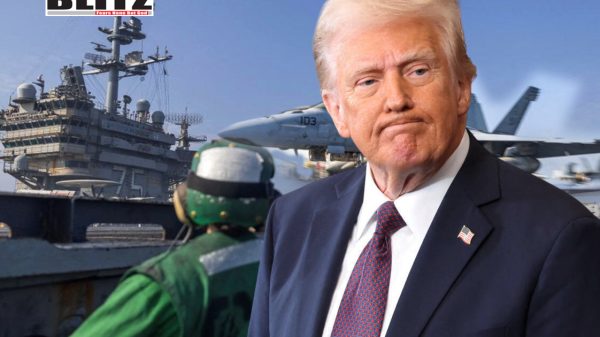

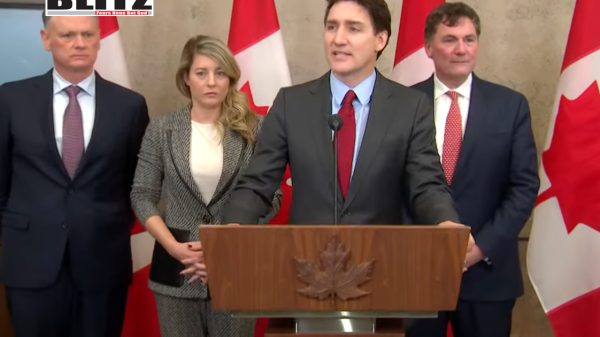
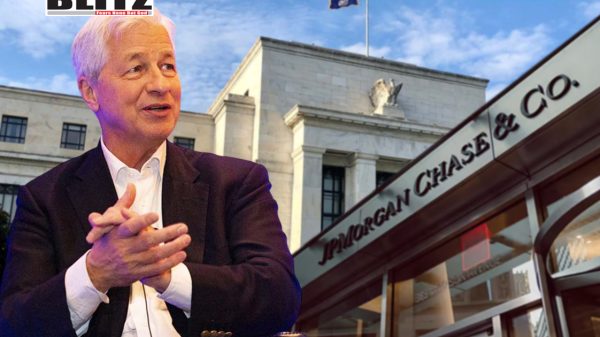
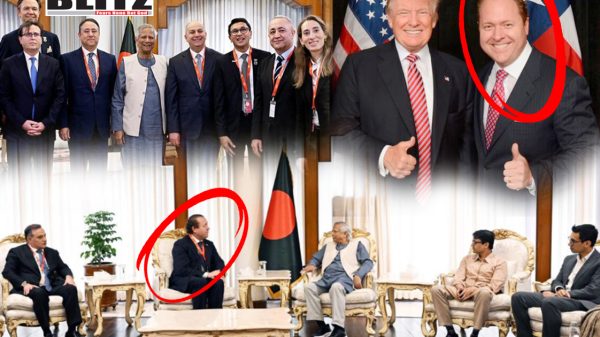
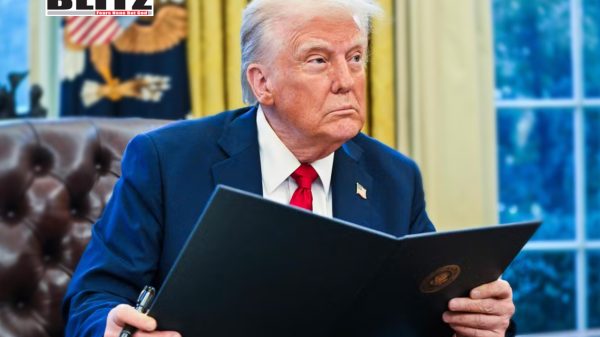
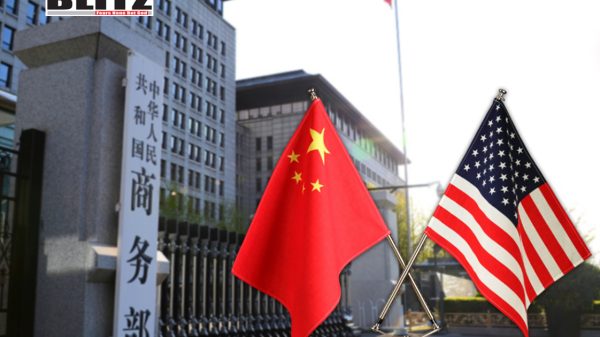


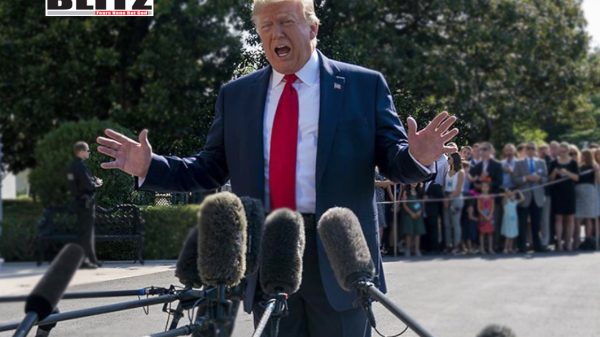


Leave a Reply